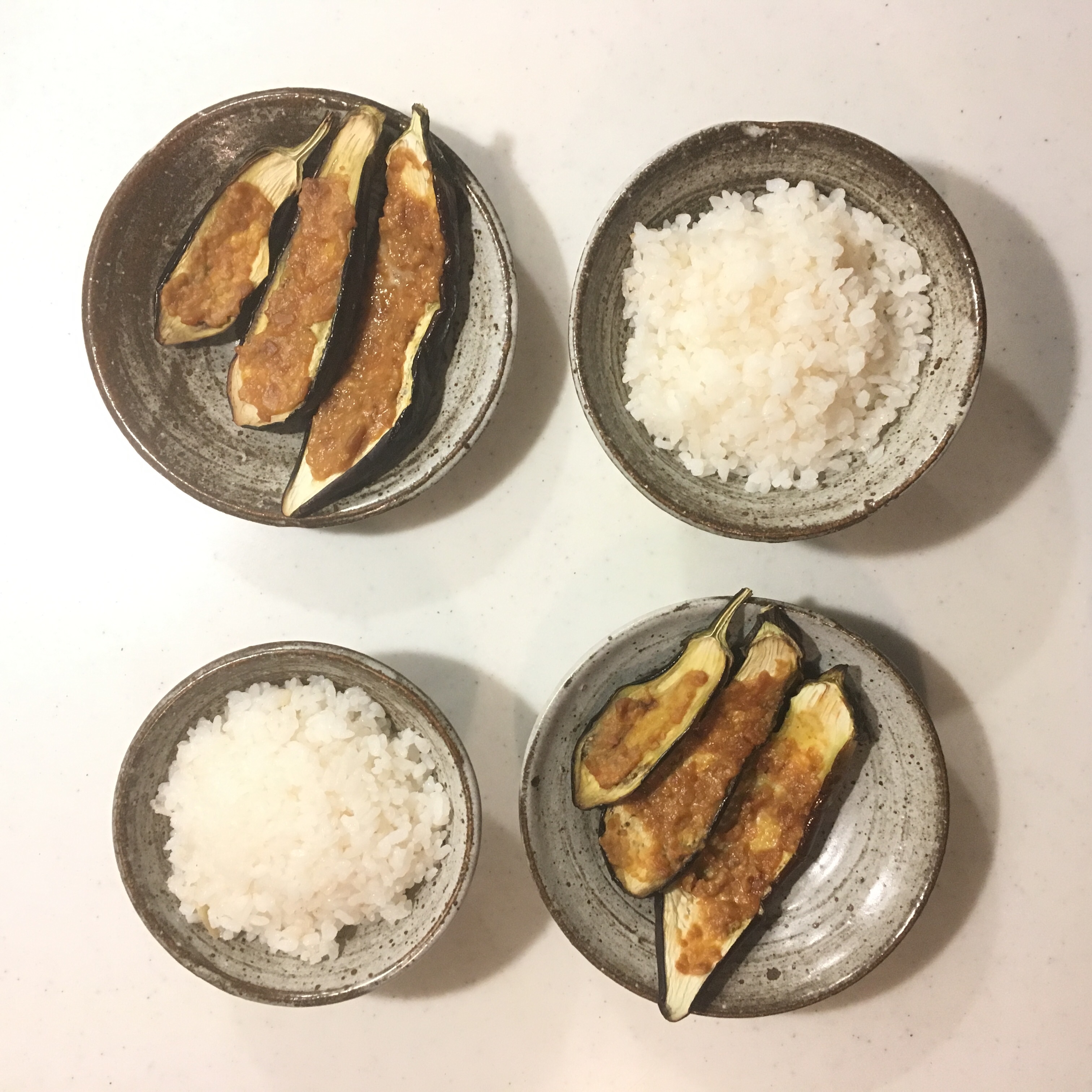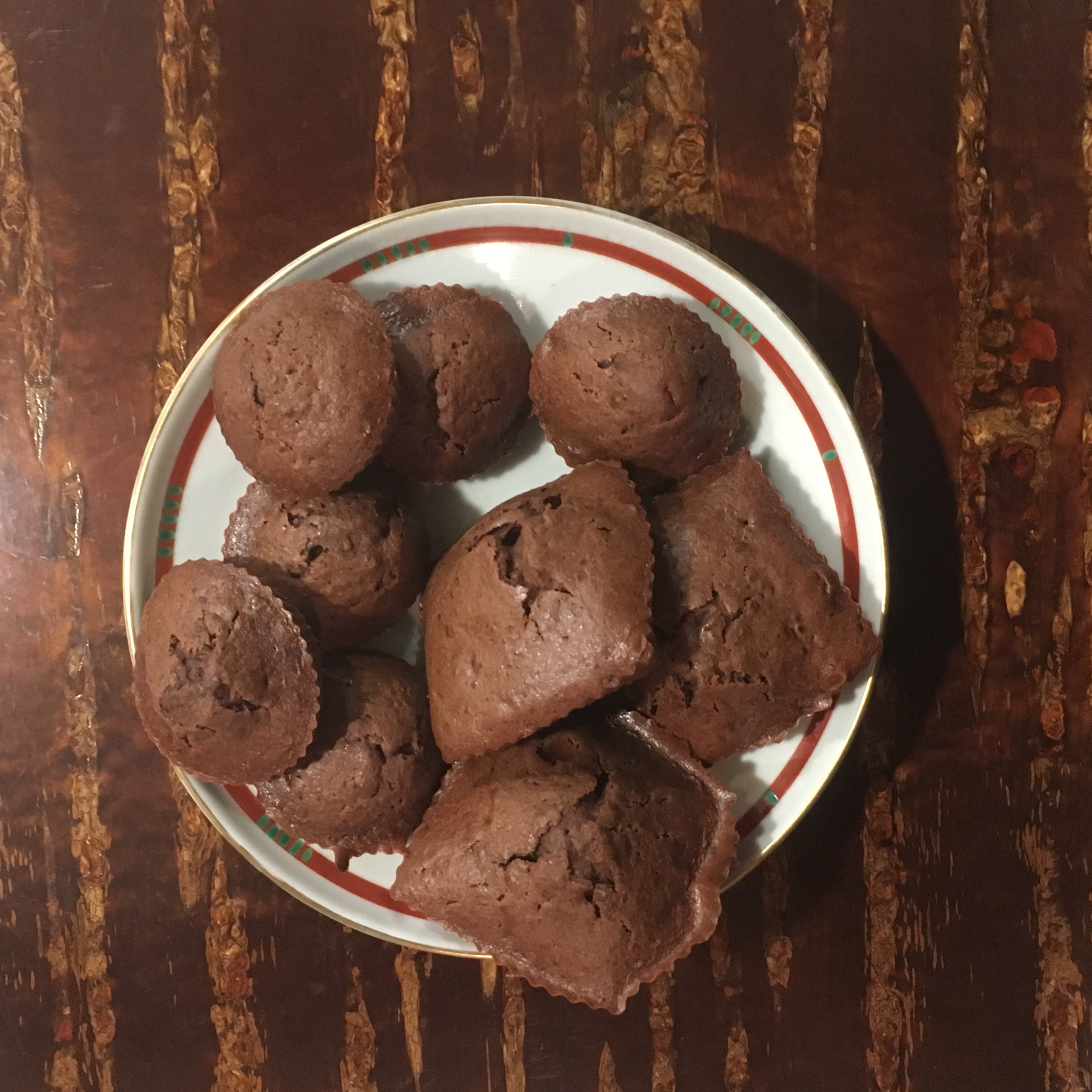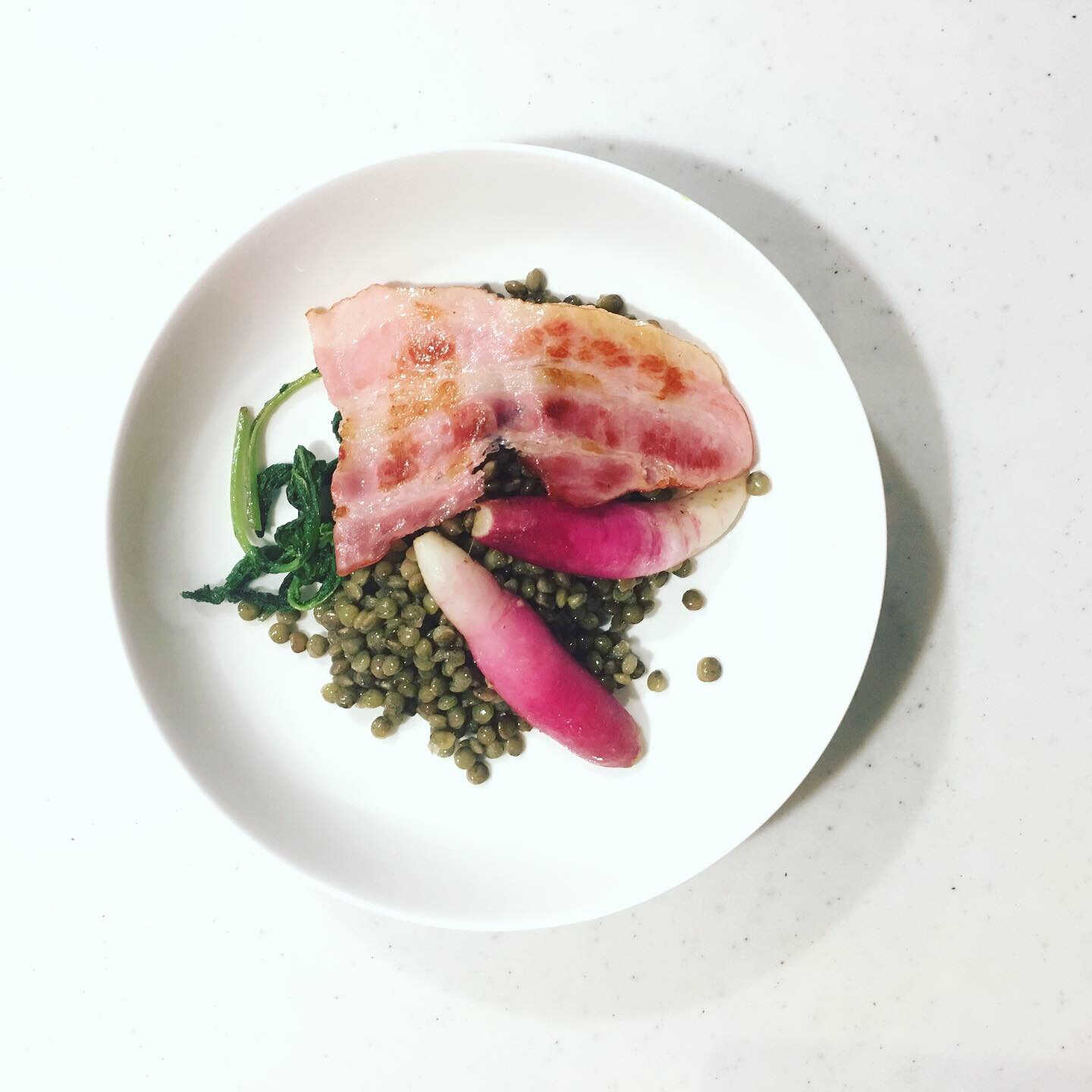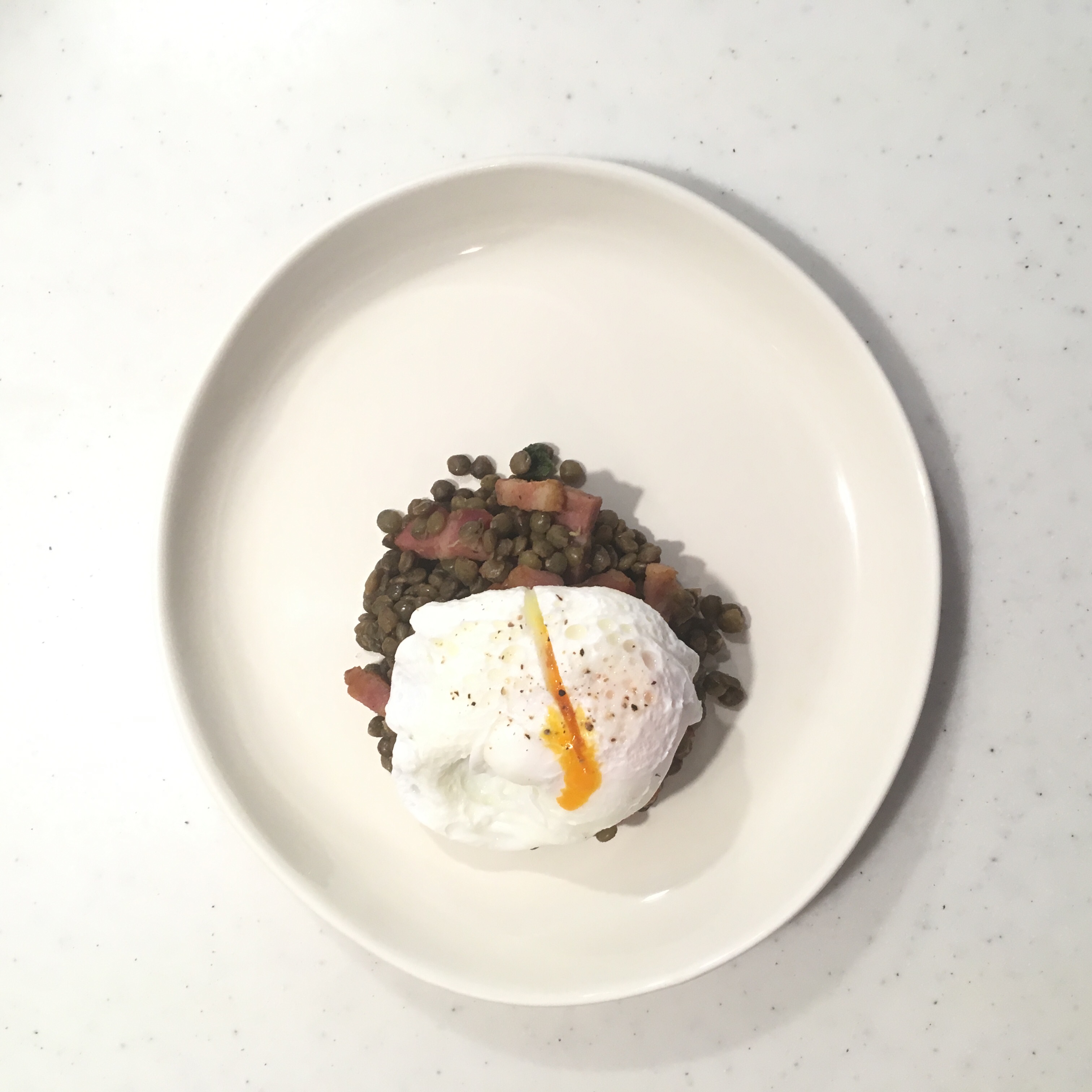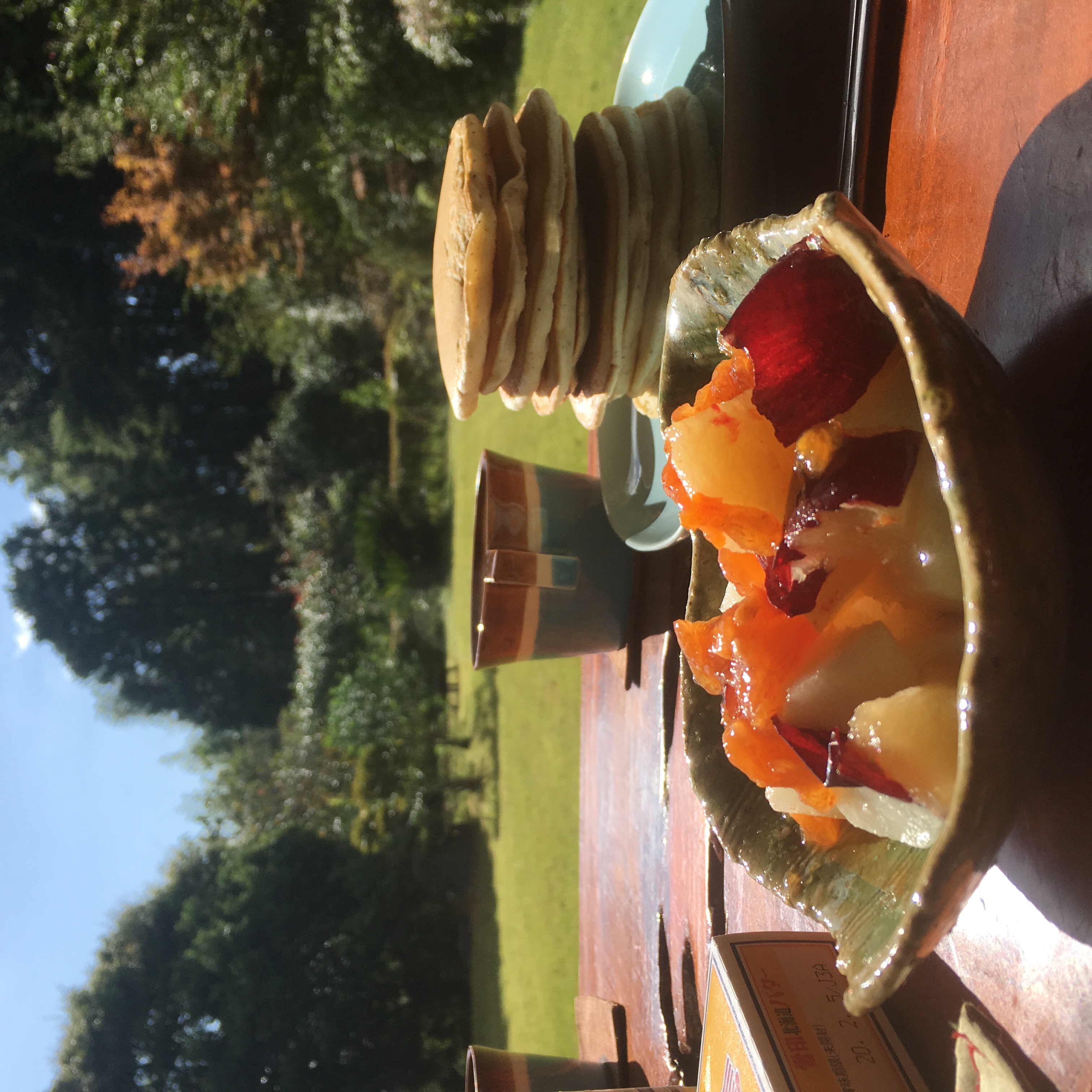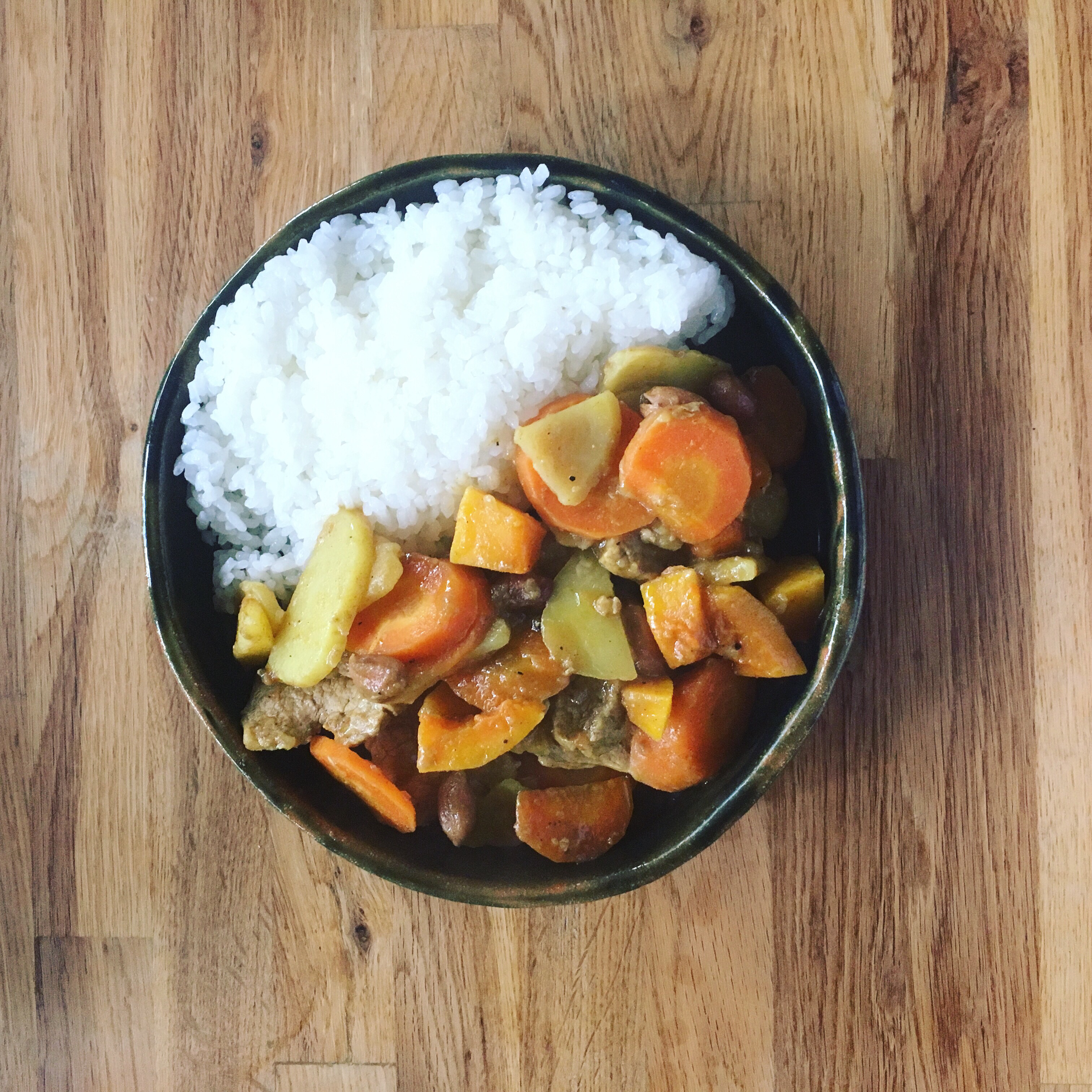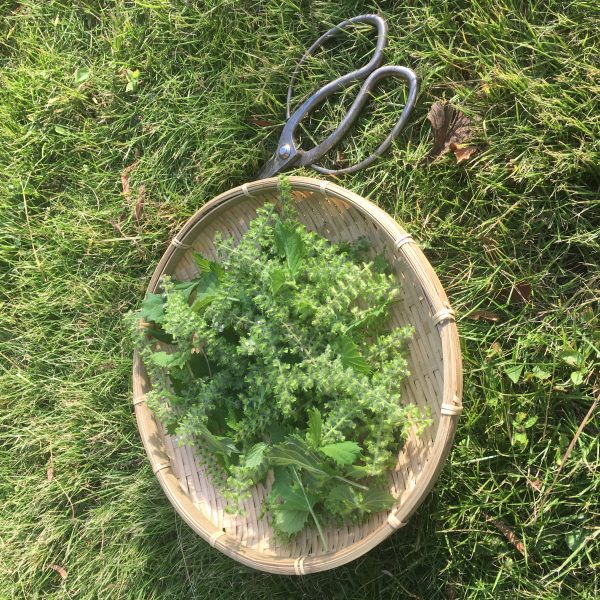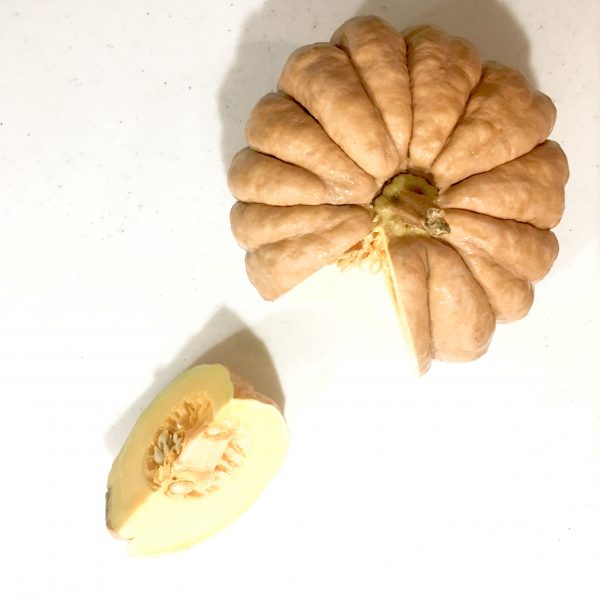Japan has hundreds of different citrus fruits, strangely few oranges but surely many types of tangerines, lemons, natsumikan, kinkan, kabosu, sudachi, shikwasa… and of course yuzu. Yuzu 柚子 is used either non ripe in September and becomes ripe in the end of October or the beginning of November. It is used a lot in Japanese cuisine, in particular for its skin and its juice, which are both very fragrant and typical.
In our garden we have two tall and big natsumikan trees that took me some time to understand how to eat them, a fairly nice tangerine tree as well. Last year we decided to plant a yuzu tree and a lemon tree to expand our citrus fruit collection with trees that would produce fruits I love to cook. The lemon tree gave some lemons last winter, but it’s only this year that we harvested many yuzus.
I personally like to use the fresh yuzu from my garden squeezed in hot water with honey. And I really like to use the juice and the skin in savory recipes. There many options but to really enjoy the flavor simple preparations are the best. This time its some black Tuscan rice riso nero venere simply steamed, served with a grilled piece of swordfish, the whole topped with olive oil and yuzu peel chopped very thinly. A bit of salt and that’s it!!!!
How do you like to prepare your yuzu???
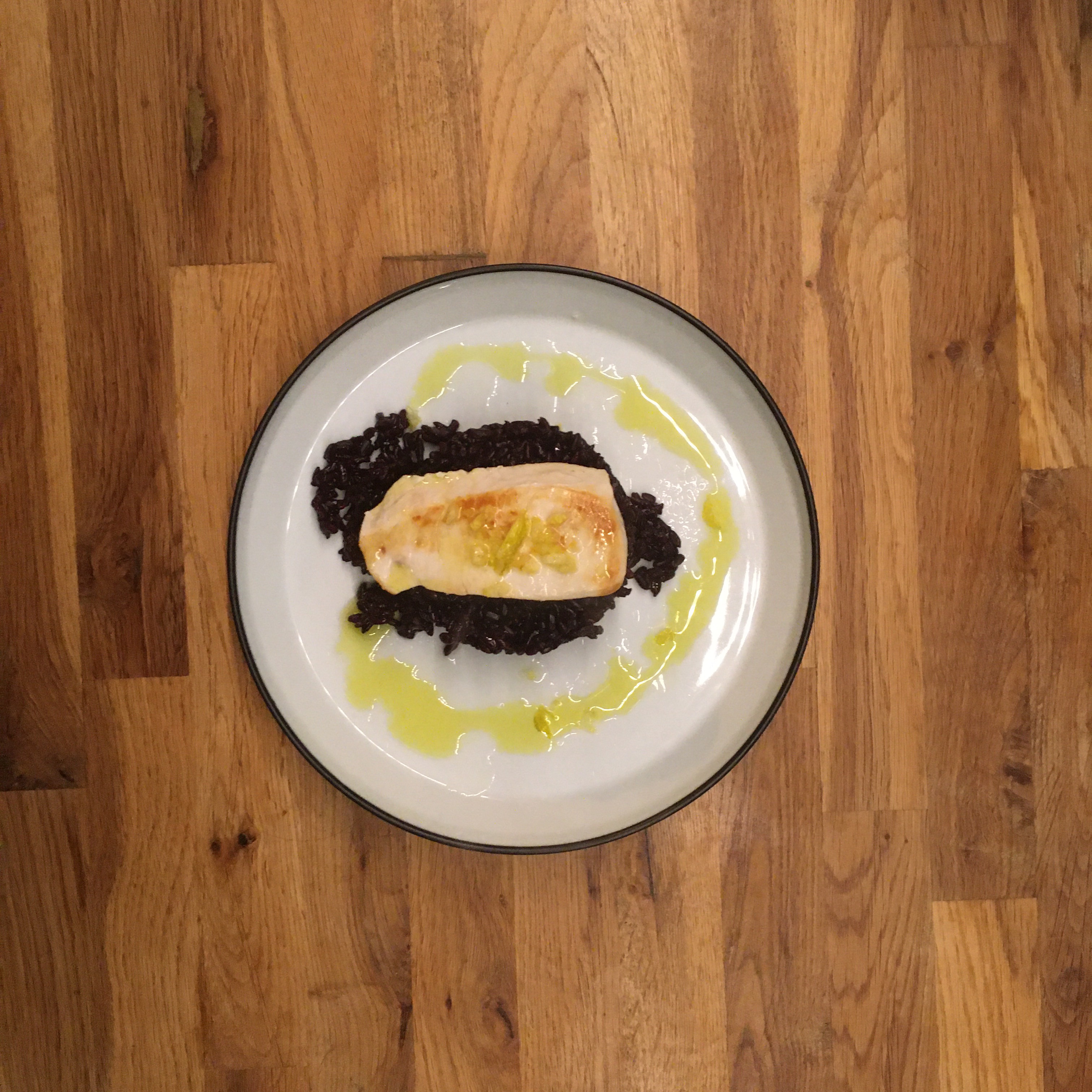
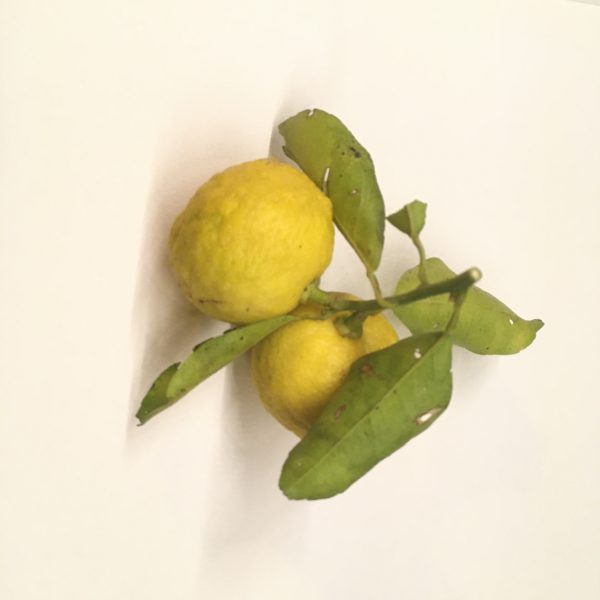
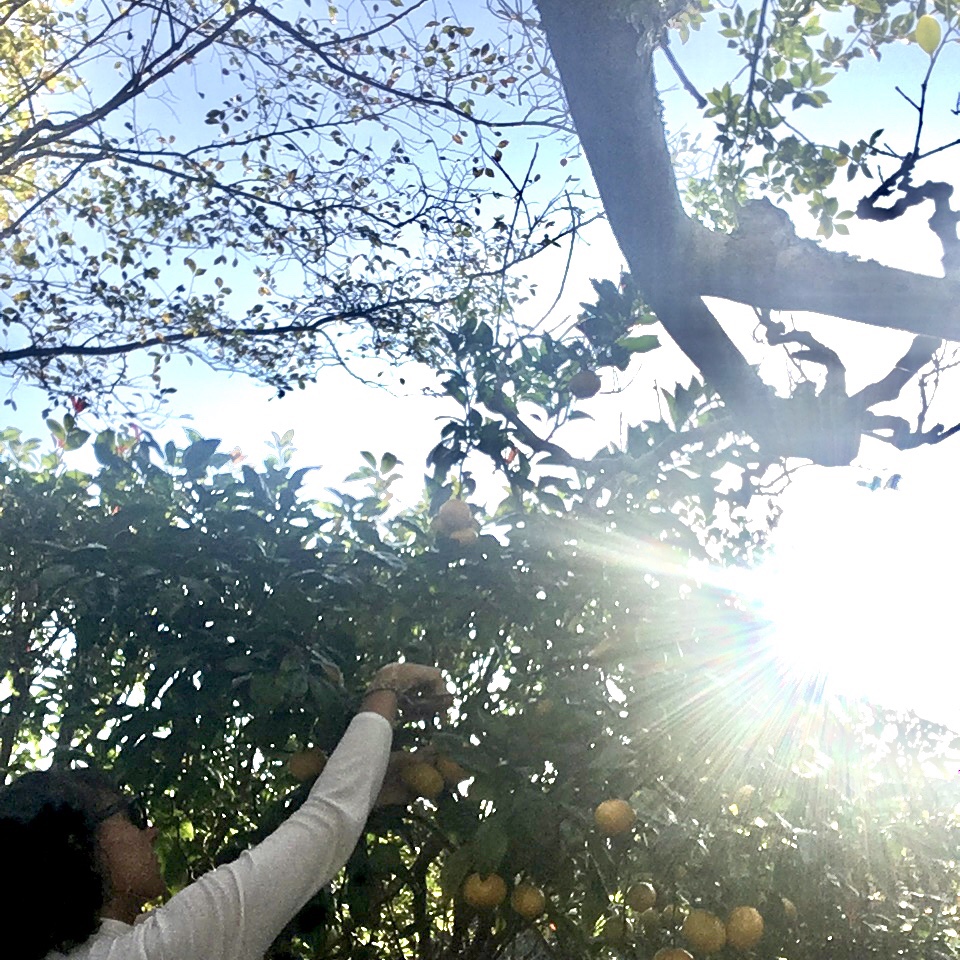

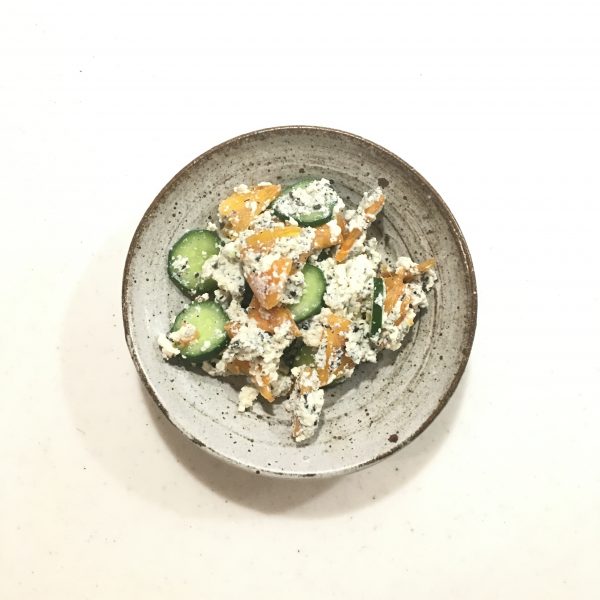

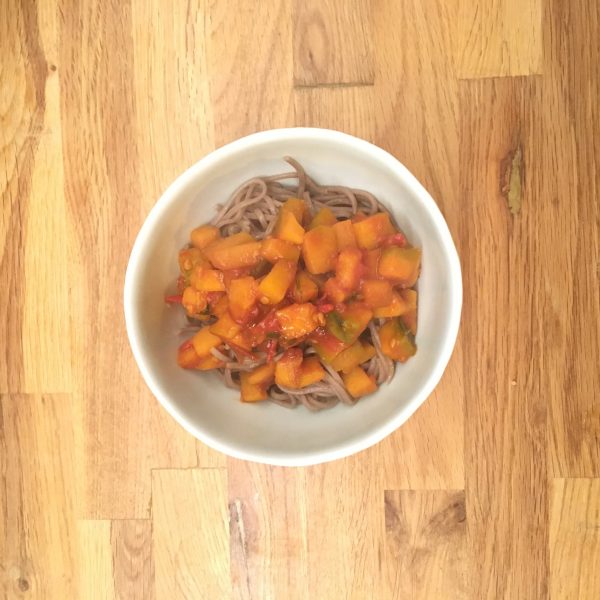
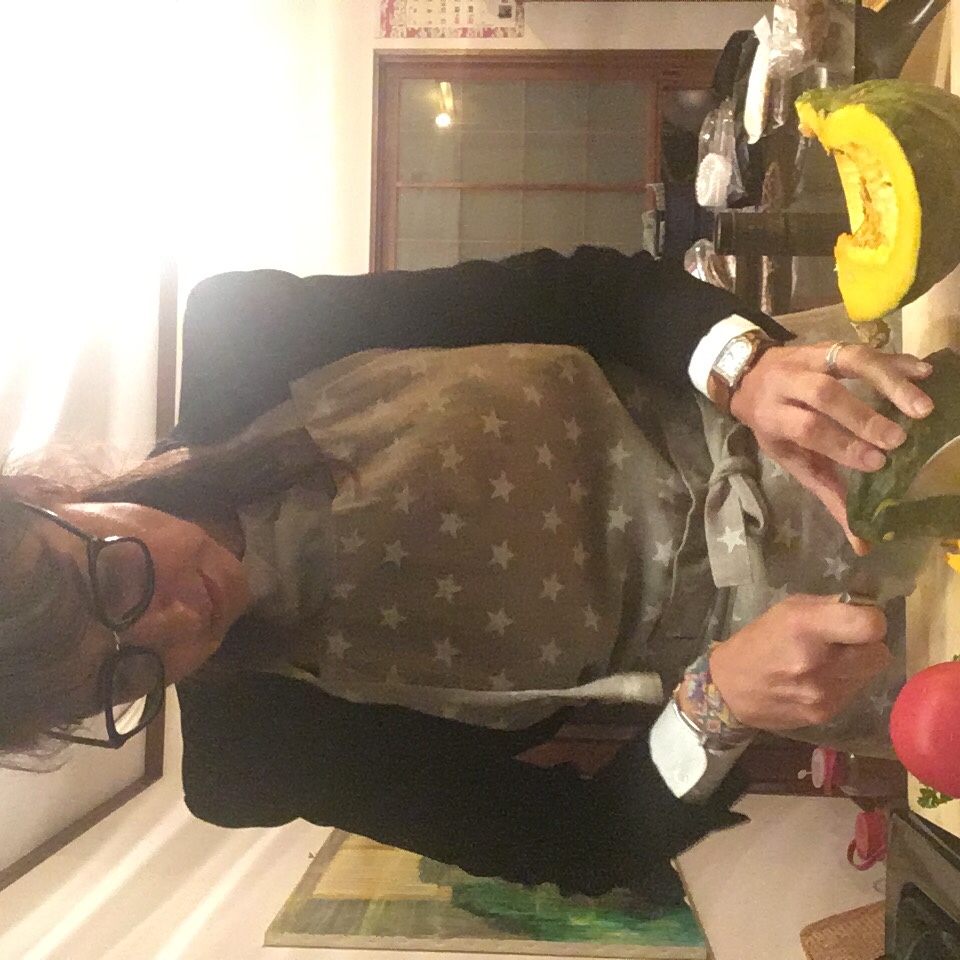 Well I was preparing dinner with the leftover veggies: kabocha and tomatoes. I also picked some fresh parsley in the garden and was thinking about what to do with them when the crave for soba noodles just came. All was decided… And that’s how this recipe of kabocha soba was born. It was so delicious that I really need to share it with you! Moreover because it’s been a while I haven’t shared a proper recipe!!
Well I was preparing dinner with the leftover veggies: kabocha and tomatoes. I also picked some fresh parsley in the garden and was thinking about what to do with them when the crave for soba noodles just came. All was decided… And that’s how this recipe of kabocha soba was born. It was so delicious that I really need to share it with you! Moreover because it’s been a while I haven’t shared a proper recipe!!

